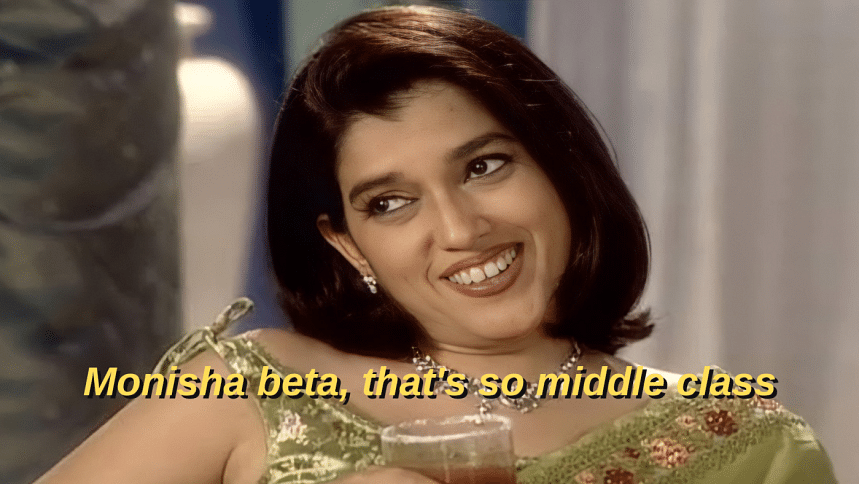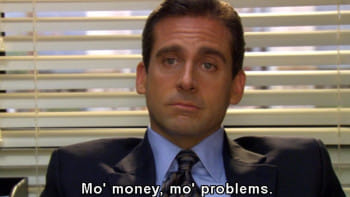Is “status anxiety” making our choices for us?

When influencers and celebrities share their extravagant lifestyle on the internet, a tiny part of our brain wishes to have what they have. Though they are non-referential to us common folks, sometimes we end up feeling pressured to achieve similar feats.
Replace these public figures with peers and the tables turn. We begin comparing our lifestyle, accomplishments and privileges. You recollect that your cousin has a better degree or works a six-figure paying job. Consequently, there is this pressure from family and acquaintances to exceed that threshold of success and achieve greater things to surpass individuals your age.
"What are the prospective career options?"
"Will you get paid well?"
"Think about the social implications, what neighbours and relatives will think."
Whether you're choosing a major for university or making a decision related to your future, sooner or later, you'll be forced to ruminate on these aspects before making decisions. Consequently, you begin worrying how these choices determine your position on the social ladder.
You might begin relating to Farhan Qureshi's short monologue from 3 Idiots, "No degree means no plum job, no partner, no credit card, no social status."
You see your friends achieve something laudable. You genuinely applaud them because they deserve it. But an uncomfortable emotion keeps plaguing you. It's not jealousy. Rather disappointment in yourself for failing to be in their shoes. Their success seems to have amplified the bitterness of your failures because you dread being left behind.
British philosopher Alain de Botton has termed this crippling anxiety of ranking low on the status scale for not conforming to the parameters of success as "status anxiety". He explains how inferiority complex, low self-esteem and judgement instils dread of being perceived as unsuccessful and therefore getting ostracised by people assuming higher positions on the social ladder.
Status anxiety is provoked through such comparison of material ownership. Perhaps watching your peer group lead an economically better life and realising you cannot afford the same lifestyle. Or learning they have bagged the job you have always dreamed of or have gotten into a good university while you are still struggling to achieve the same.
Capitalism has ingrained in us that earning and achieving more invariably decides our worth in the society. That emotional contentment is impossible without accomplishments. Perpetual comparison between what we are and what we could be has muddled the lines between striving for greatness and seeking social validation.
The biggest factor fuelling status anxiety is chasmic income inequality. Bangladeshi farmers and labourers and their families enjoy far diminished social status compared to teachers, physicians or other highly paid careerists, despite playing equally (if not more) significant roles. The standard of life they can afford with their pays determines how validating society is of their contributions.
It's important to remember that status is fickle. So, it is necessary to challenge the status quo and form ideologies that do not only aim to placate social expectations.
Nuzha forgives people for pronouncing her name wrong and wallows in books and anxiety. Suggest her fiction at [email protected]

 For all latest news, follow The Daily Star's Google News channel.
For all latest news, follow The Daily Star's Google News channel. 




Comments